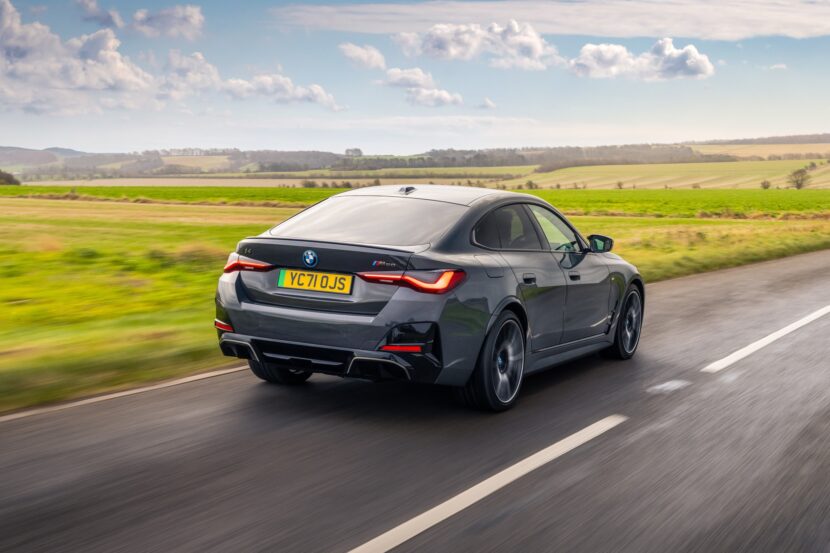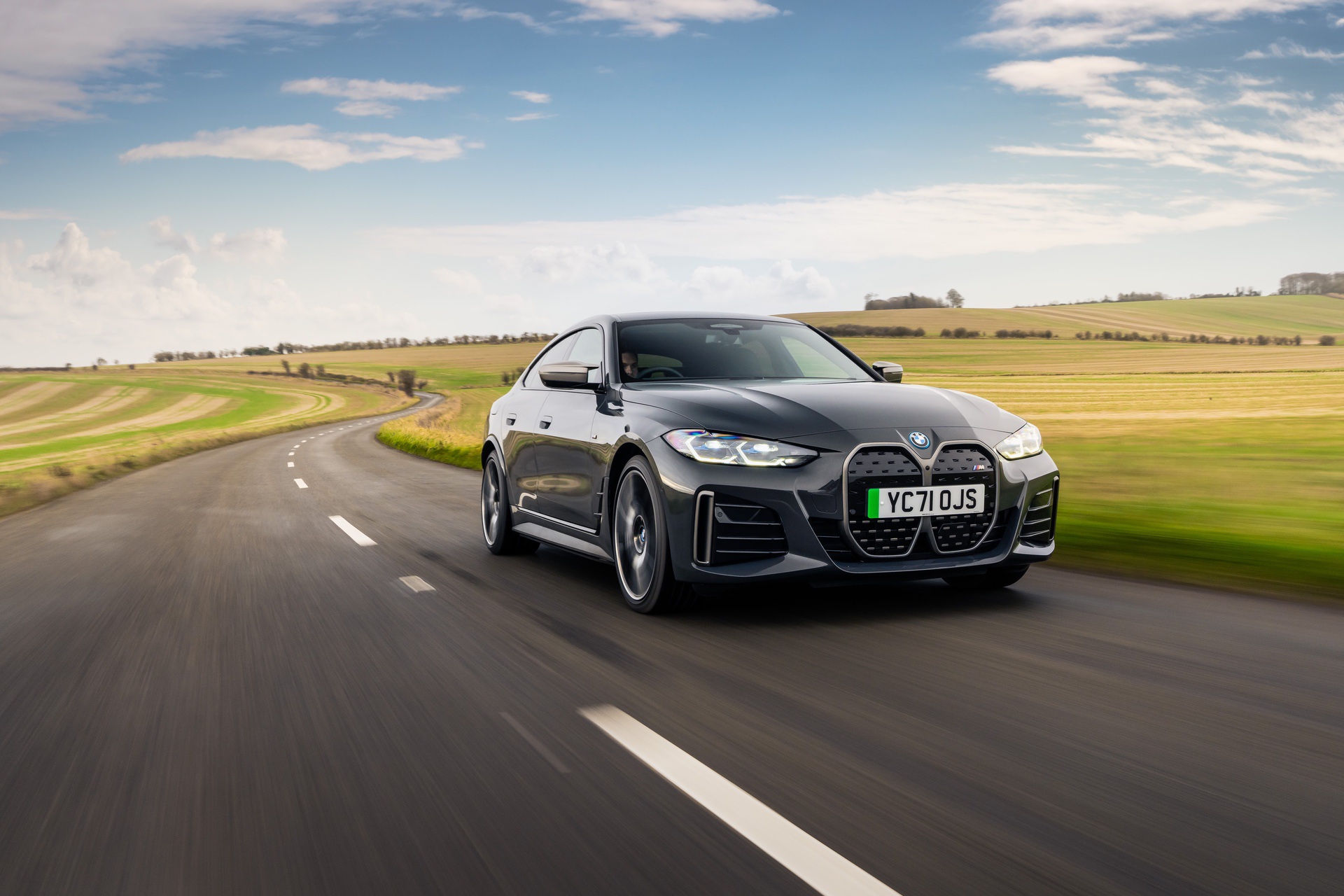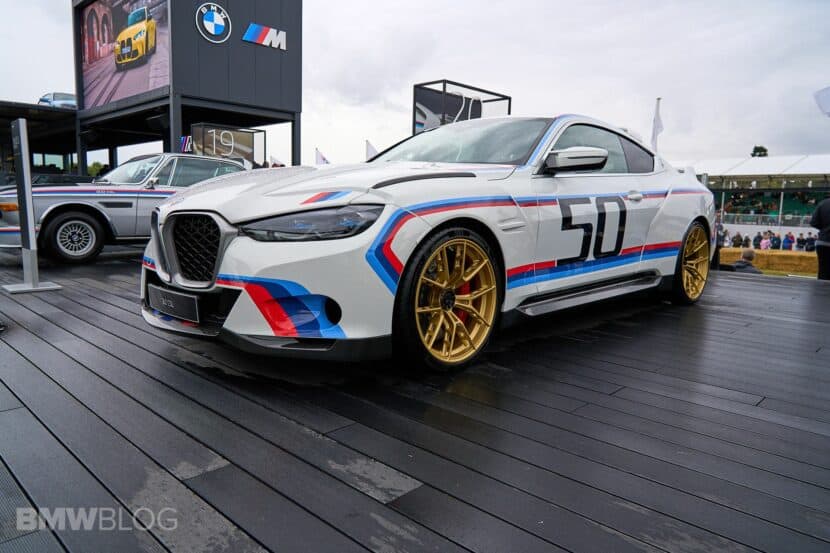Last week, we talked about the BMW iX being recalled in certain European Union countries because of a faulty A-pillar interior panel. Yet another “i” model from the company’s new wave of electric vehicles faces a recall in select EU countries. We’re talking about the i4 and the problems it might have related to the battery.
According to the European Commission’s Safety Gate, some BMW i4s lack the crash pads for the battery. The missing hardware poses a real threat for those inside the electric sedan in the event of an accident. If the Bavarian EV is involved in a serious side crash, the risk of a short circuit is substantially increased. In a worst-case scenario, the car could catch fire and ultimately injure the driver and/or passengers.
The number of vehicles potentially affected by the missing crash pads is not known at this point. The first BMW i4 units with the worrying problem were discovered in Germany. Shortly thereafter, similar reports were made in Denmark, Poland, and Sweden. The EC’s documentation specifies the cars built between September 15 and November 30 last year are impacted by the recall.

The European Commission Recently Announced The BMW i4 Recall
The alert number A12/00124/22 first appeared on the EC’s Safety Gate website on January 21. For some people, these teething problems the i4 is having will likely reinforce an unwritten rule – never buy a car during its first year in production. The lack of battery crash pads is particularly worrying since we’re dealing with vital safety equipment.
Joining the BMW i4, iX, and the iX3 will be additional electric models arriving in the next months. Coming later this year, the next-generation X1 compact crossover will spawn a zero-emissions iX1. We can say the same thing about the new 7 Series Sedan and its i7 equivalent, while the MINI Countryman will receive an EV option as well. Come 2023, the i5 will follow suit.
Meanwhile, BMW is about to say goodbye to its original electric car, the i3. Production of the quirky hatchback will come to an end in July. The German automaker will have been built 250,000 cars by then after nine years on the market.
[Source: European Comission]





































































